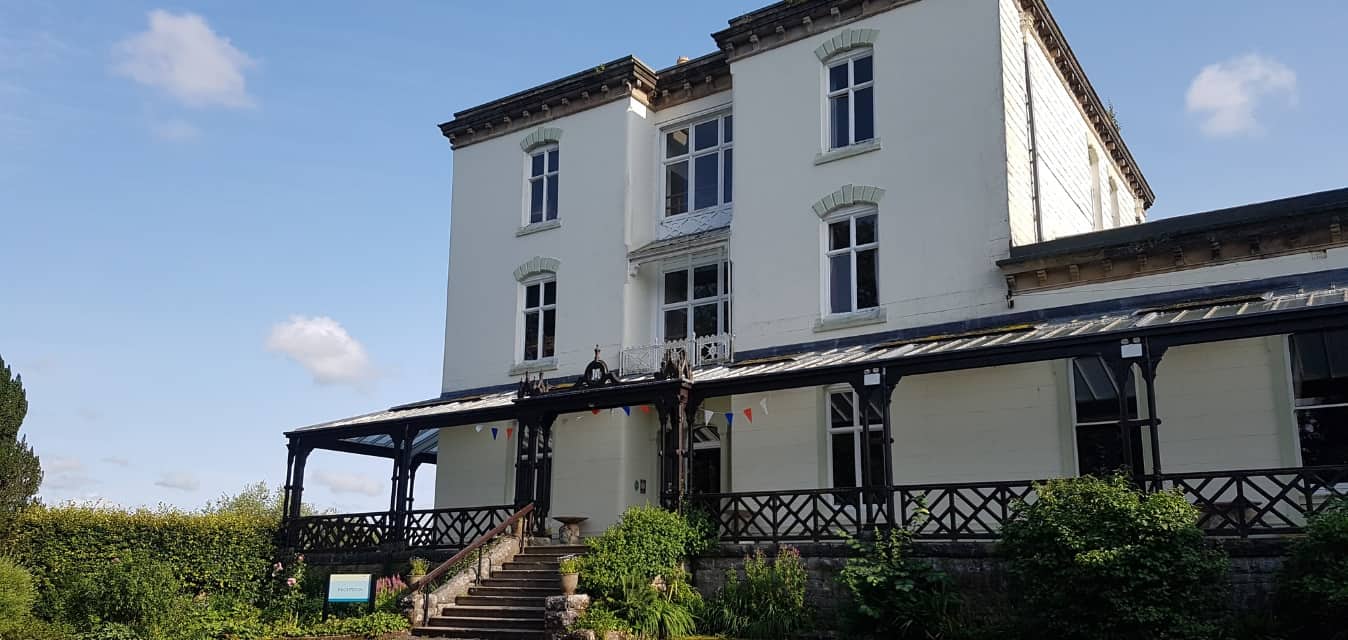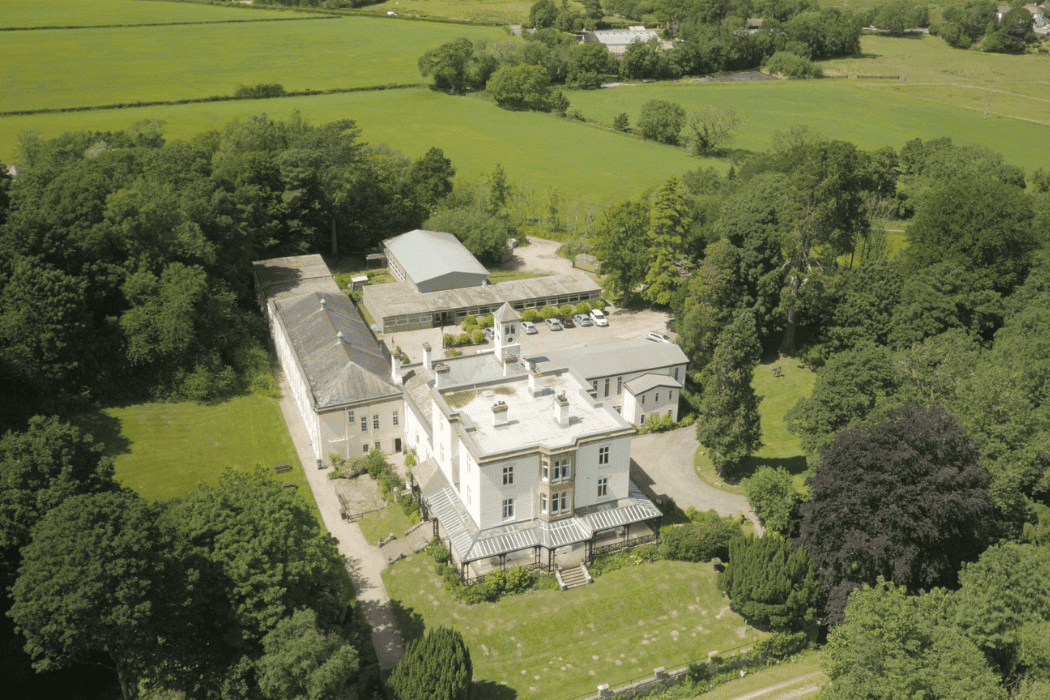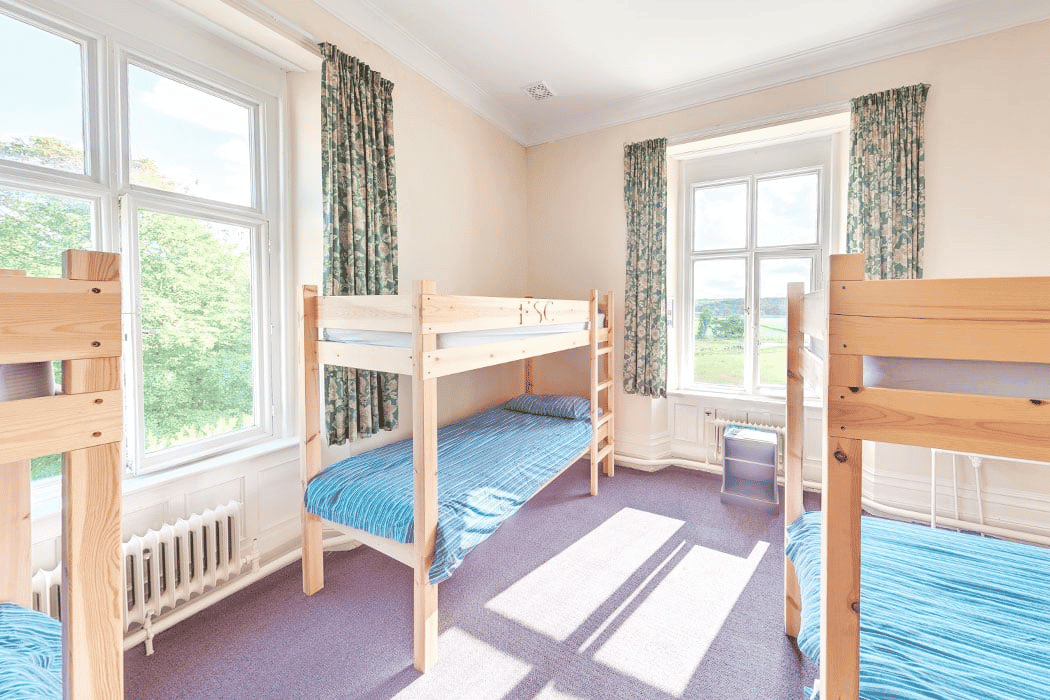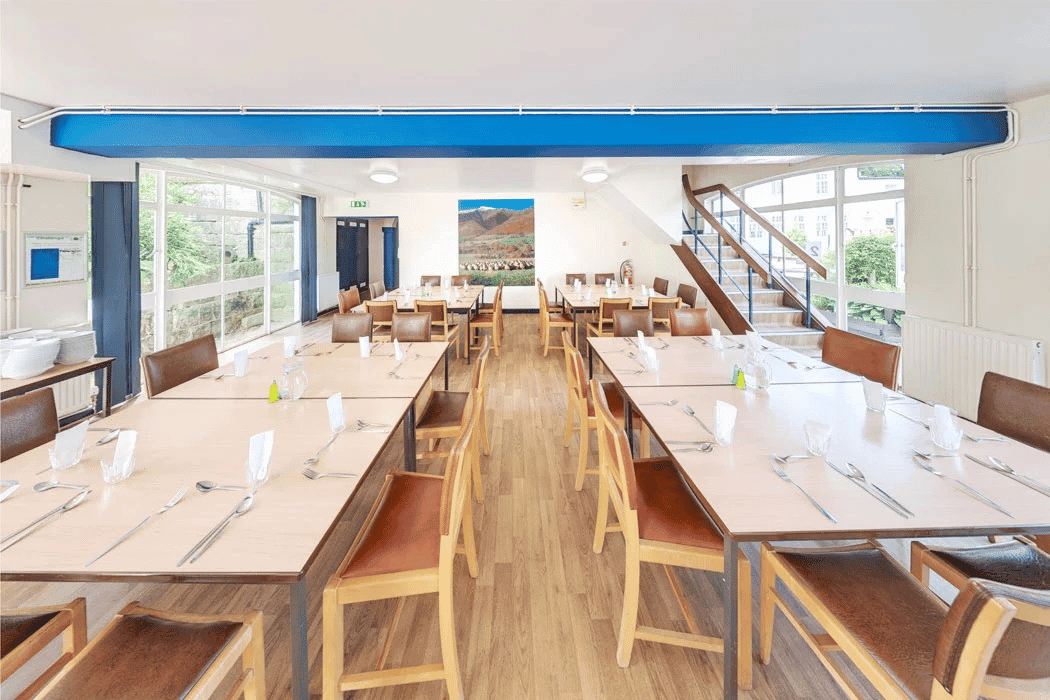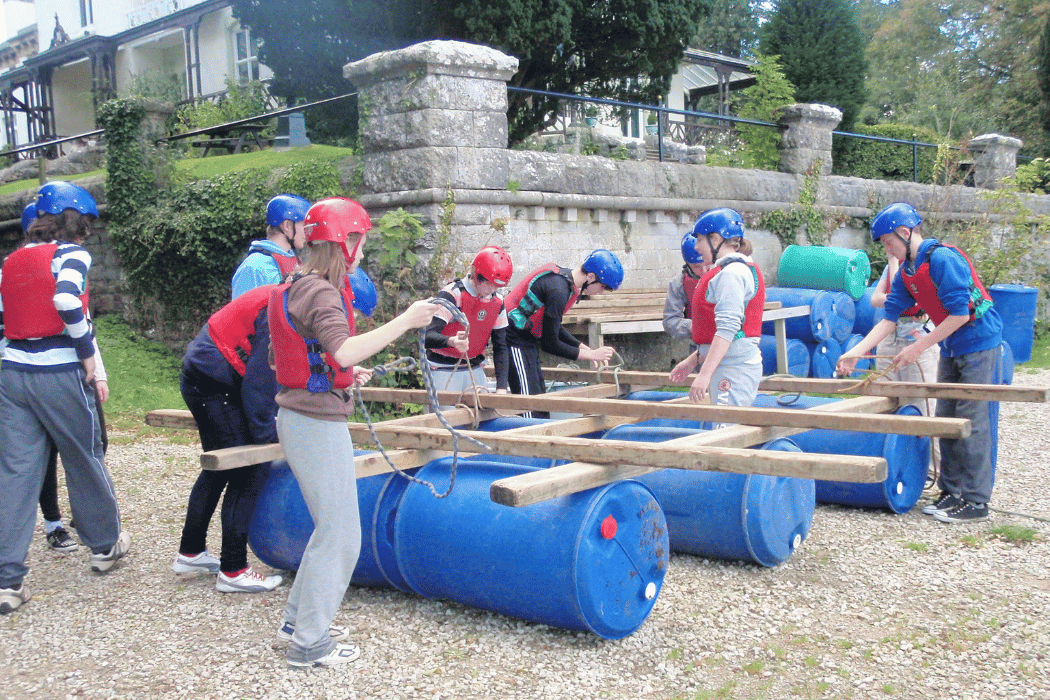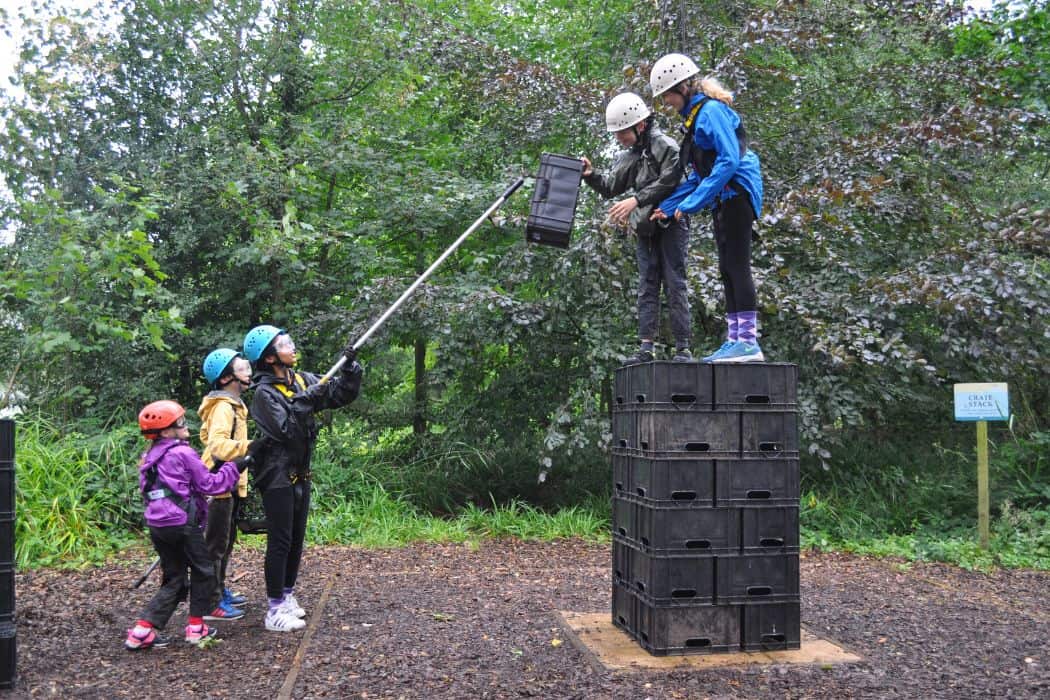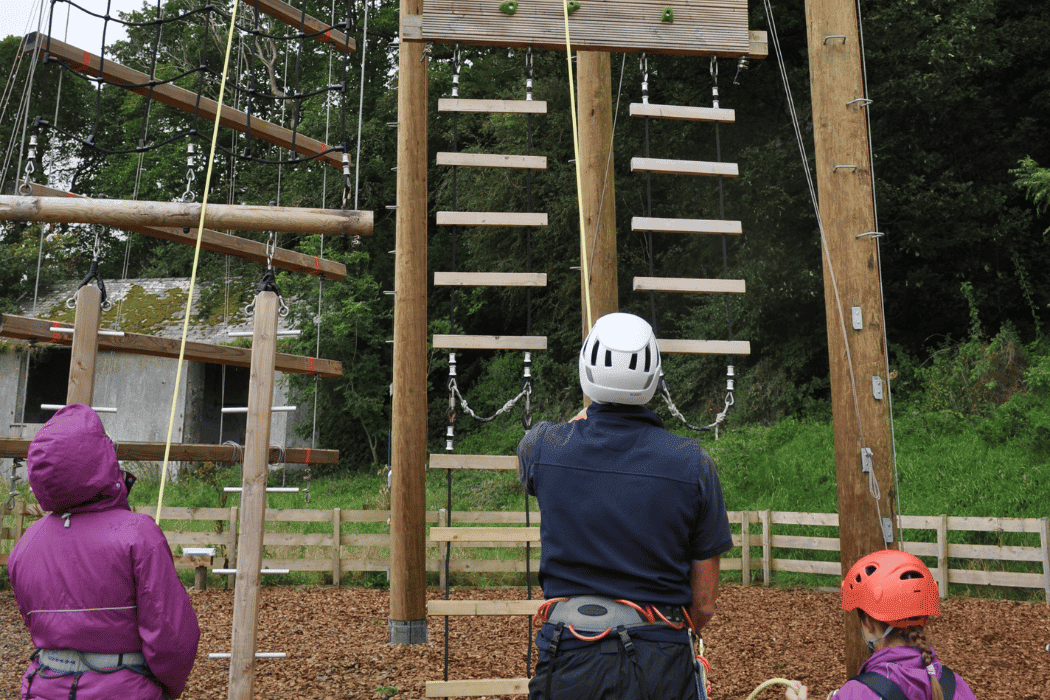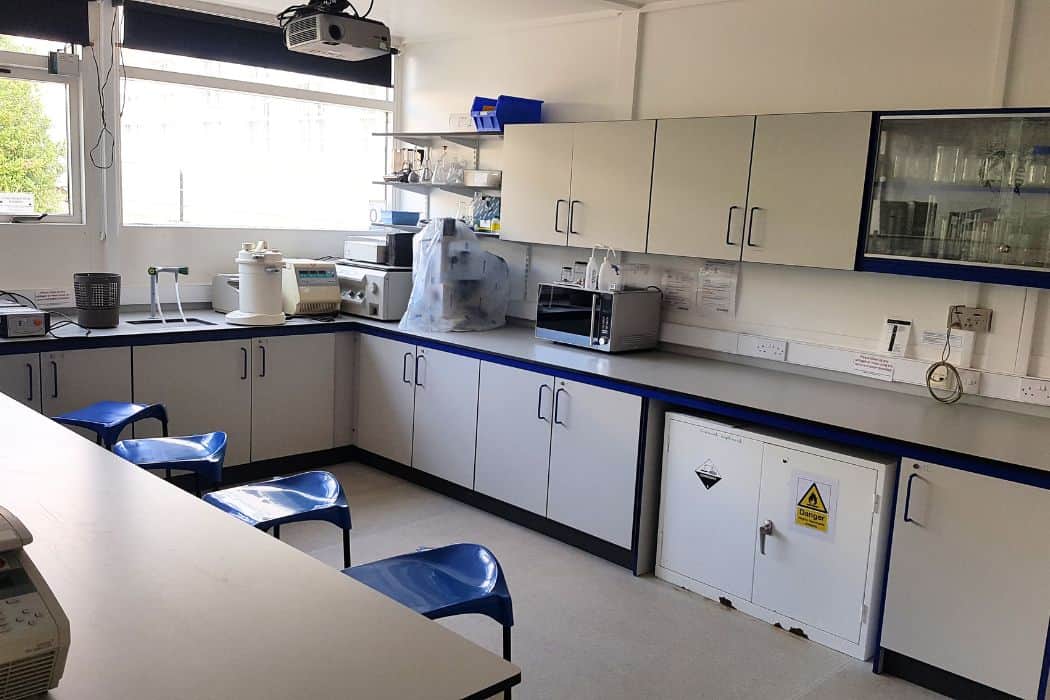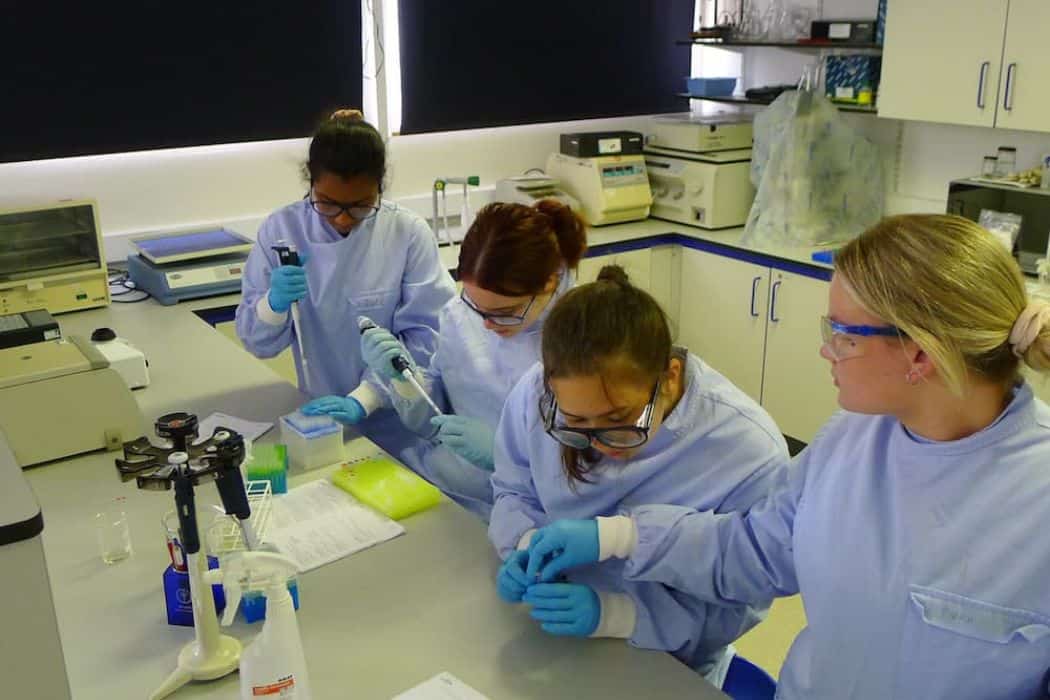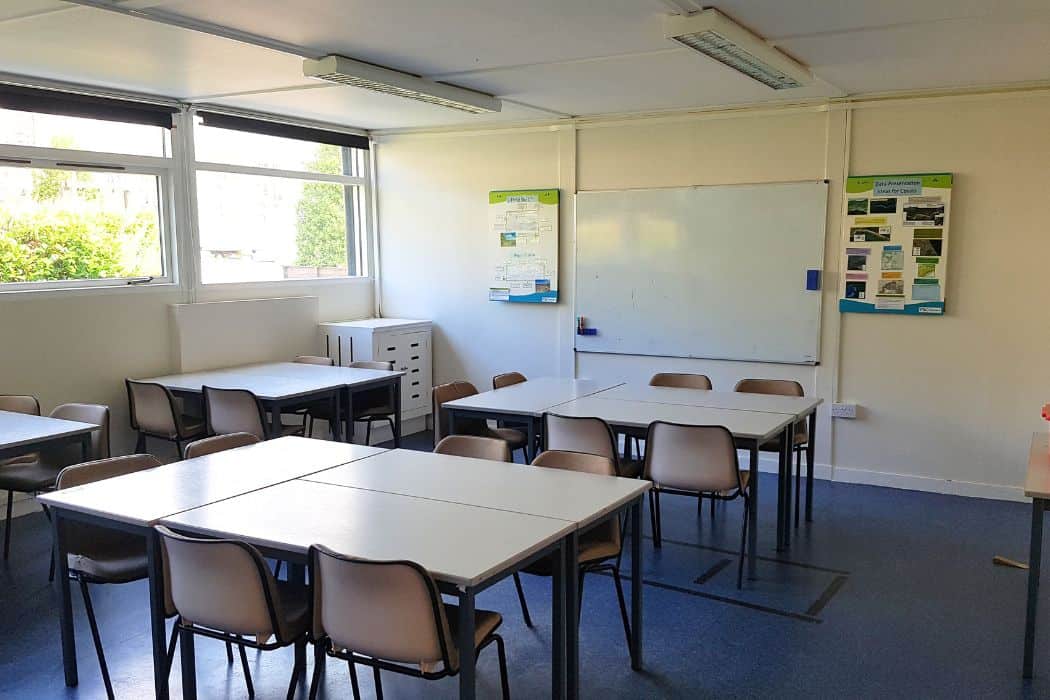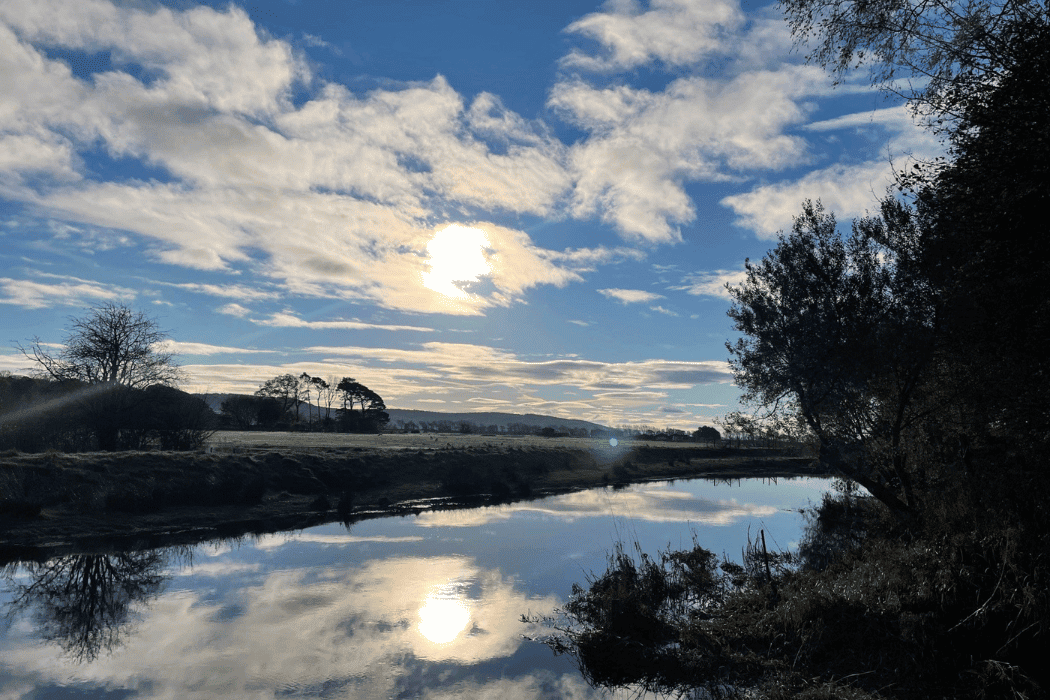Castle Head is an impressive Georgian house situated in 20 hectares of extensive private grounds in beautiful South Cumbria between the coast of Morecambe Bay and the Lake District National Park.
The Centre is easily accessible by both road and rail. There is easy access to both the coastline of Morecambe Bay, the glaciated uplands of the southern Lake District and the lakes of Windermere
and Coniston; It’s ideally situated for a wide range of both field studies and adventurous activities.
Castle Head offers a huge range of exciting outdoor adventure activities to suit all ages and abilities with raft building, canoeing, ghyll-scrambing, low and high ropes, mine exploration, an obstacle course and much more.
Facilities
Accommodation
We want your stay to be as comfortable as possible. Our residential centres offer a range of room sizes and layouts from single and twin up to larger dormitories. Note: not all centres have single/twin rooms. All rooms are subject to availability. Some rooms are en suite and others have shower and toilet facilities close by. Please contact us if you want to discuss your room requirements.
Each centre also has places to relax during any free time such as a lounge, games room and outdoor space.
Food
For one day visits you are usually asked to bring a packed lunch unless it is specified otherwise.
Residential visits include freshly prepared seasonal meals, with a hot breakfast, packed lunch and choice of evening meal. Food is sourced locally wherever possible and we can cater for most dietary requirements. All of our residential centres have been awarded the Soil Association’s Food for Life Served Here Bronze Award which recognises organisations which go the extra mile to make sure visitors are receiving healthy, nutritious and sustainable meals.
To get a better idea on what food we offer at our centres, please see our sample meals
Local area
River Eea
Named after it’s once abundance of eels in its lower course, the river Eea runs it’s course for 10km through the South Lakeland countryside. It’s length makes it possible to visit sites from source to mouth in a day, giving students a real impression of the changes that take place. Both natural and managed areas can be viewed and discussed. Perfect for students of all ages, to complete field work that tracks the changes of the river. From KS2s first field work experience to GCSE the River Eea is a perfect location. GCSE students will understand, use and critically evaluate a range of field work techniques.
Coniston Coppermines
Named after it’s rich mining history the Coppermines valley is an ideal place to study upland glacial features. Situated on the edge of Coniston both erosional features and human influences that have shaped the landscape can be discussed. The Coppermines can bring to life glaciation for all ages and provides a great location for A-level Geography fieldwork. Navigation, map work and field work techniques for all key stages can be completed here,
Morecambe
Visit the home of ‘The Bay’ a dynamic coastline where 10million has recently been spent on updating the sea defences and hopefully will soon be home to Eden of the North. If History interests you, then the ‘art deco’ Midland Hotel is an imposing building to view on the seafront. Morecambe’s redevelopment schemes are important in shaping it’s sense of place in the area. Morecambe provides and ideal location for GCSE and A-level field work whether focusing on coasts or human factors.
Sandscale Haws
Sandscale Haws is a special place for wildlife and is manged by the National Trust for this purpose. This dynamic landscape is home to nesting and migratory birds, Natterjack Toads and many species of plant. Students can investigate succession and how humans can have an impact on such a sensitive environment. A-level Geography and Biology projects and and field work can be completed here.
Furness Coast
From Bardsea to Roa Island, the Furness coastline is a little visited area which has great geography to be explored. From Coastal management, dynamic beaches and glacial deposition it is an interesting place to study. The Furness coast is a great introduction to the coastal environment and provides many places to practice coastal field work techniques.
Barrow-in-Furness
Historic ship building town, Barrows massive submarine hanger dwarfs the town as well as shore it up economically. Students can investigate human geography and experience the different environments of Barrow town centre and Vickers town on the nearby Walney Island. Barrow-in- Furness is a good location for GCSE human field work.
Bowness on Windermere
Bowness offers much to visiting school groups and tourists alike. The busy lake side town offers a host of human geography opportunities along with a chance to take a boat trip or launch canoes. Beatrix potter looms large as do the Windermere ferries and views up the lake to the mountains. A great place to study tourism, settlements, land use and contrasting locations.
Humphrey Head
The only sea cliff in Cumbria, Humphrey Head boasts nesting peregrine falcons, views over Morecambe Bay and opportunities to study coastal processes as well as being a great place to scramble for all age groups.
Grange-over-Sands
Although first mentioned in local priory records in the 15th century, Grange really hit its stride in the 1800’s when the rail line arrived disembarking day trippers and holiday makers. Today Grange is ideally situated for human geography techniques, a walk along the prom and the obligatory icecream. A-level geography skills and projects can be completed here as well as GCSE geography fieldwork, using, understanding and critically evaluating human fieldwork techniques.
Travel to Castle Head
Navigate with:
As part of our environmental commitment we encourage all visitors to travel by coach, train or public transport.
By road – From Ulverston to Castle Head Field Centre: Follow the B5271 to Lindale village. From M6 to Castle Head Field Centre: Exit the M6 at junction 36. Follow the A590 then
the B5277. The postcode in the Satnav will take you to Lindale village. The Centre is signposted off the B5277 just east of Lindale on a sharp bend. Castle Head is about ½ mile down the little lane – you will see the main house in front of you, follow the road round to the right and the car park will be on the left. If arriving by coach, once you arrive at the Centre, due to limited turning area, it is easier to drive past the entrance to the car park and reverse in.
By train – The nearest (local) railway station is one mile away at Grange over Sands (five minutes drive). It is connected to the main west coastline at Lancaster and Preston. Local taxis are available but need to be booked in advance as it’s a rural area.
By bus – The X6 bus connects Ulverston with Lindale. National Express coaches connect with many parts of the country. Minimal public bus services that run past the Centre
///proven.drainage.croaking
Accreditations

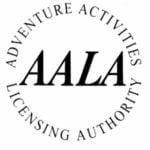




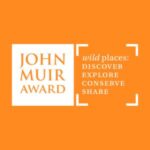
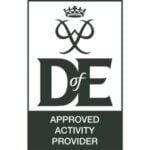
Courses and Experiences at Castle Head
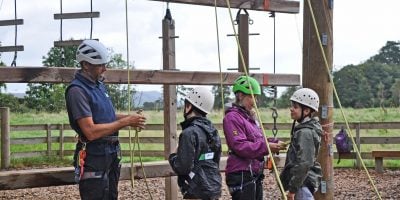
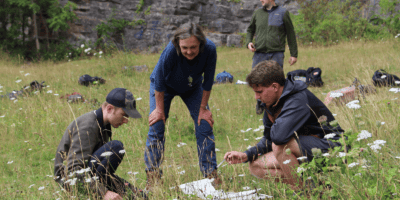


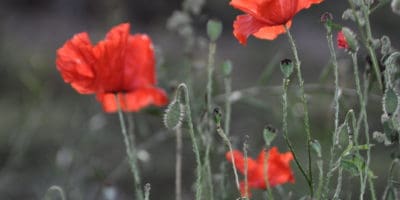
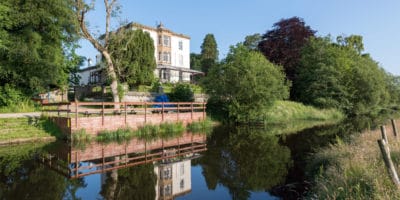
Centre contact form
"*" indicates required fields

